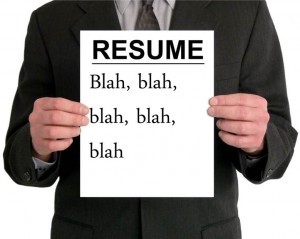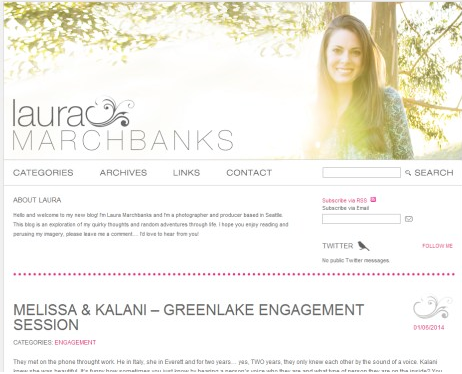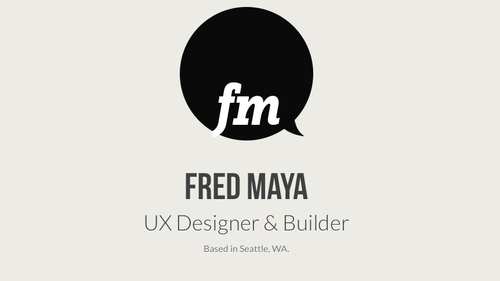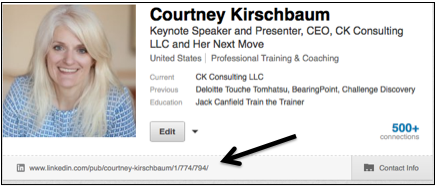Worried about your cover letter and resumé being good enough? Don't be. These relics will soon go the way of Blockbuster video
 |
| From This ... |
 |
| To this |
The idea of selecting a job candidate from a static resume and cover letter is as dated as getting in your car to get a video.
Blockbuster succumbed to the ease and convenience of online streaming and downloading because it's faster, easier and the selection is virtually limitless.
In the next three to five years, personal websites will serve as the primary informational and marketing tool for you and your career and will surpass the resumé. Begin building yours now.
Recruiters and HR professionals almost always go to LinkedIn to get more details and a more complete picture of candidates.
Attaching a PDF will be a thing of the past, you’ll soon be including a link to your site.
A website lets you take control of your online image and message. You may still use your resumé, but a personal webpage will give you many more options to showcase your talent and accomplishments and give you the edge over your competition using only a resumé.
Rigid and almost completely impersonal, two pages listing your work history is an out-dated way to learn about and select candidates to interview.
For about the same time and money you can pull together a professional, smart looking marketing tool. And make no mistake, your page will be a marketing tool and a far more powerful one than any resumé.
Sample of personal webpages

This one has a more resume feel and the designer users it as one might user a resume, but with way more impact.

Designers are already ahead of this curve because it's easy for them to show their work and skills on a website rather than tote around a heavy portfolio, but before long, your personal website will be your calling card and showcase who you are, your brand and what you are looking for in your career.
Employers will be as likely to look for and find you as you are to find them (if you are out there two be found.) LinkedIn is already foreshadowing this pattern. Candidates long ago started putting their LinkedIn profile URL on their resumé.

Why? Because there's more to you than what can be put on a resume and people go online to find it. When they get there, if you have a page for them to find, you have more control of the message.
Your personal page doesn't need to be an award-winning design Taj Mahal, it just needs to be clean, simple and represent you and your best work, whether it's volunteer work you've done, that you're a runner who never misses a 5k or just a more flexible showcase for traditional work experience. A personal website is the perfect place for this, particularly if you are at the beginning of your career with little resumé suitable work or life experience, but still have robust story to tell that can't be told on a staid, boring resumé.
Weebly offers sites for free and more features for as little as $4 or $8 a month, and SimpleSite's title says it all a super simple click and go site builder. Wix, a recent entry into the easy-build website market offers packages from about $5 to $25.
Tell me what you think
How would a personal website make your job search easier or harder?
Does the idea of putting yourself on a website appeal to you more than a resume or less? Why?
Do you already have a blog on-line personal site that you use to market yourself to potential employers?
Make your move,
Courtney Kirschbaum,















